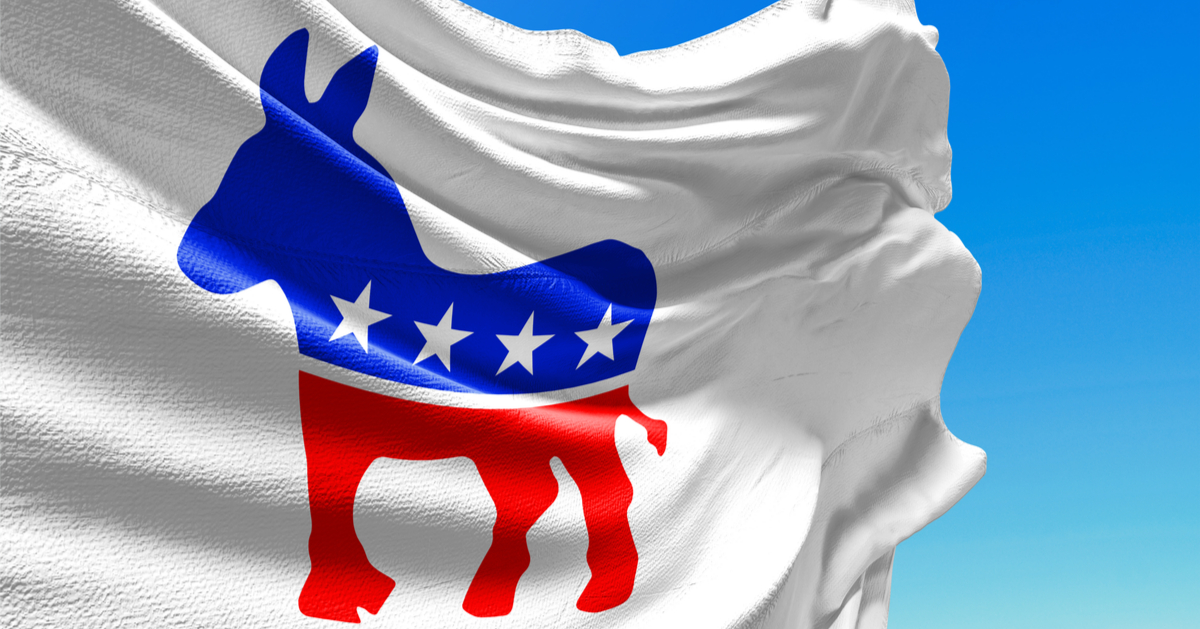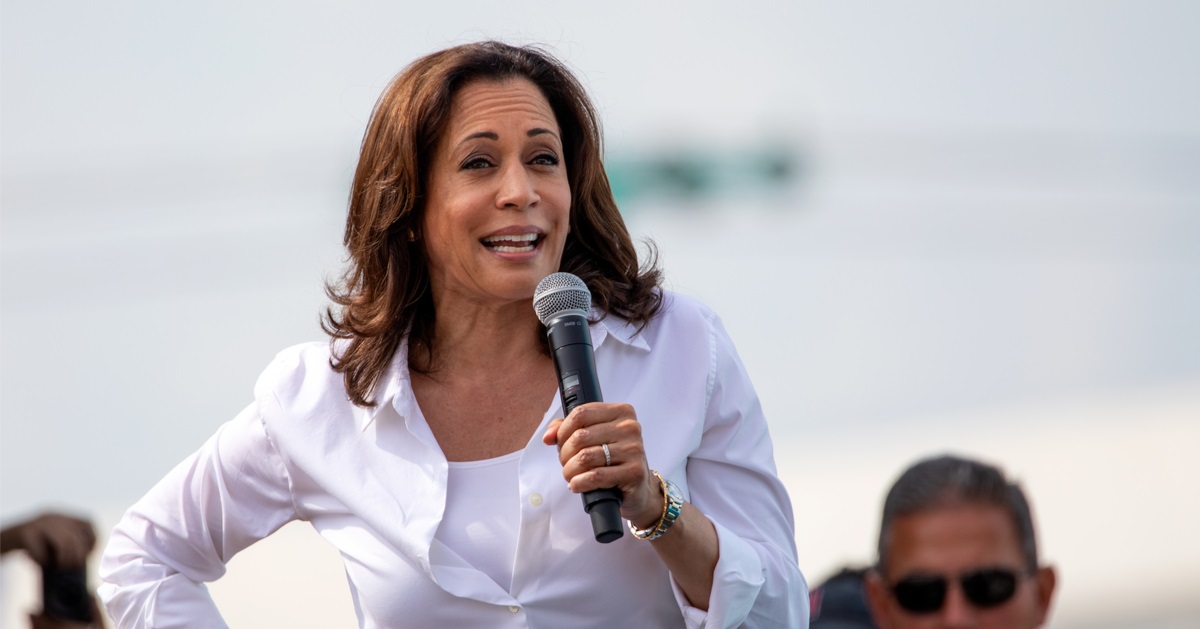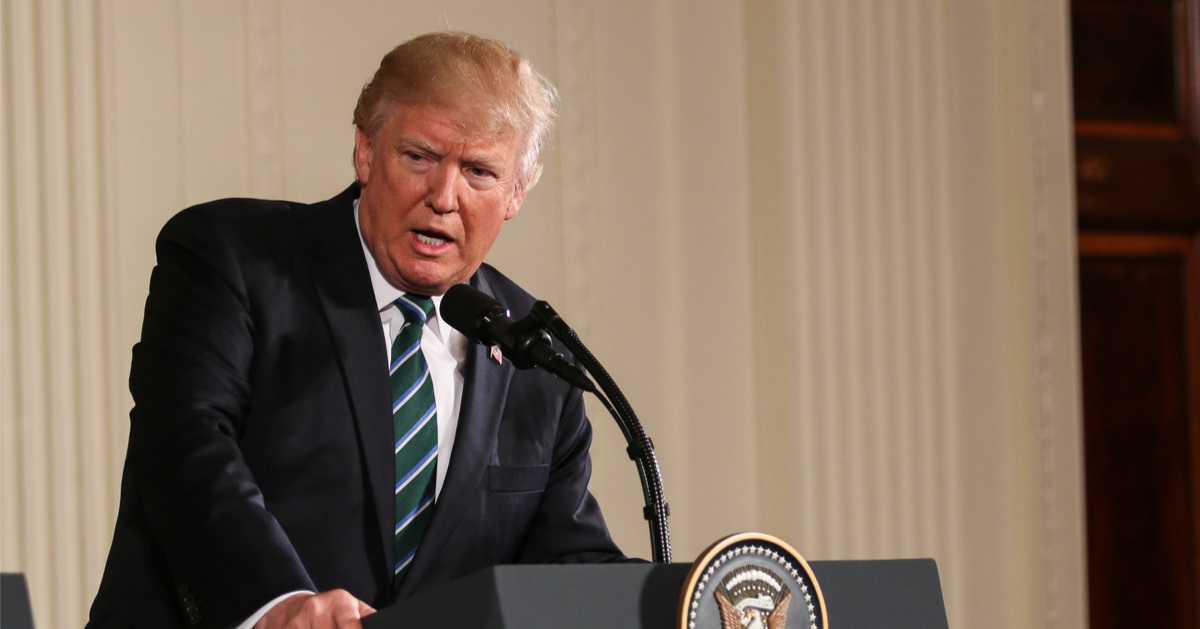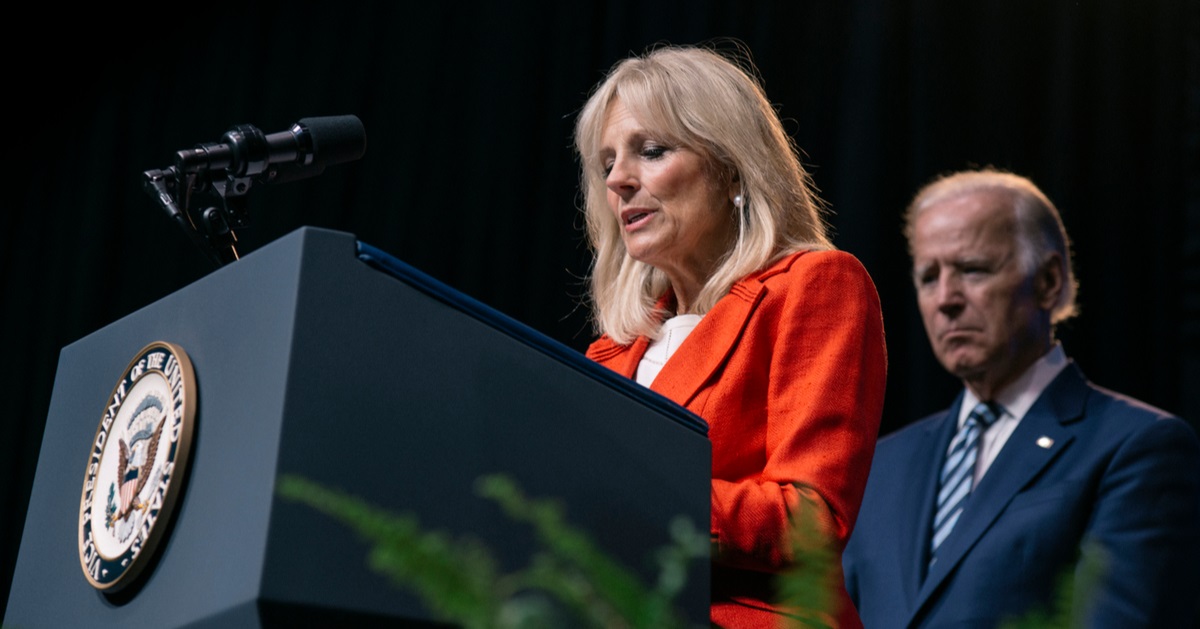Democratic party divided amongst possible candidates for Senate
In a striking turn of events, Democratic Rep. Adam Schiff's campaign strategy has ignited a firestorm of controversy within his own party.
The Democratic Party found itself divided after Schiff used campaign tactics to elevate a Republican opponent, aiming for an easier path to victory but sparking widespread criticism and ethical concerns.
California's open primary for Senate saw Schiff and Republican Steve Garvey leading the pack, setting the stage for a contentious electoral battle. In an unusual twist, Schiff and allied outside groups launched attack ads not against, but in favor of Garvey, aiming to make him more appealing to GOP voters. This strategic maneuver was intended to ensure Schiff would face a weaker opponent in the general election, simplifying his path to victory.
However, this tactic did not sit well with everyone. Fellow Democrats, particularly Reps. Katie Porter and Barbara Lee, who align themselves to the left of Schiff, voiced strong opposition to these campaign strategies. They argued that such maneuvers undermine the integrity of the electoral process and prioritize financial influence over democratic principles.
A Controversial Strategy Divides Democrats
Porter's criticism took a particularly sharp tone, suggesting that billionaires had "rigged the election" to favor Schiff. This rhetoric, reminiscent of claims made by former President Trump, sparked backlash within the party, highlighting the deep rifts these tactics have caused. Despite the contentious atmosphere, Porter has yet to concede the race or offer congratulations to Schiff, indicating ongoing tensions within the Democratic ranks.
Adding to the critique, Barbara Lee echoed concerns about the campaign's integrity. In comments to Axios, she stated, "I wouldn't do something like that because, to me, it lacks integrity," directly addressing Schiff's controversial strategy. This sentiment was further underscored by Porter during an election night event, where she claimed Schiff had invested more in boosting Garvey's campaign than in promoting his own candidacy.
In defense of his strategy, Schiff argued to Fox 11 that pitting Democrats against each other in a costly primary battle does not serve the party's interests. His approach, which sought to consolidate his support base while ensuring an easier opponent in the general election, reflects a calculated political gamble amid California's highly competitive political landscape.
Ethical Concerns and Political Calculations
Some party members and analysts, however, viewed Schiff's tactics through a more pragmatic lens. Assistant Professor Jarred Cuellar suggested that Schiff's use of his name recognition and substantial financial resources represented smart politics. Cuellar's perspective highlights the strategic considerations that often underpin electoral campaigns, particularly in high-stakes contests like California's Senate race.
Yet, the strategy's critics, including Sen. Alex Padilla, dismissed the notion that the primary had been rigged. Speaking to Politico, Padilla labeled such claims as "ridiculous," emphasizing the importance of maintaining faith in the electoral process. This defense underscores the sensitive balance between strategic campaigning and maintaining electoral integrity.
As the dust settles, Schiff is poised to face Garvey in the November general election. With a high likelihood of victory, Schiff's campaign strategy has not only stirred debate within his party but also set the stage for a significant electoral showdown. However, if Schiff secures the Senate seat, it will mark the first time in over 30 years that California will not have a female senator, following the vacancy left by the late Sen. Dianne Feinstein.
The Implications of Schiff's Victory
Feinstein's seat, which holds historical significance for its representation of women in the Senate, is currently held by Sen. Laphonza Butler on an interim basis. Butler's decision not to run opened the field to a wide array of candidates, including Schiff, whose campaign tactics have now brought him to the forefront of national attention.
Despite the controversy, Schiff's approach has undeniably reshaped the dynamics of the Democratic primary and the broader electoral landscape in California. The debate over the ethics and effectiveness of such strategies is likely to persist, reflecting broader questions about the nature of political competition and the values that underpin democratic elections.
The reaction within the Democratic Party to Schiff's tactics speaks volumes about the current state of political discourse and the challenges of navigating a highly polarized environment. With criticisms coming from both within and outside the party, the repercussions of Schiff's strategy may extend beyond the immediate electoral context.






